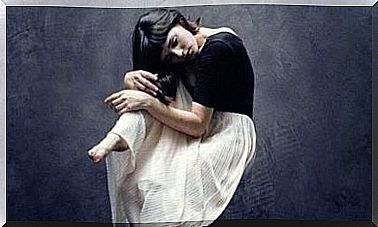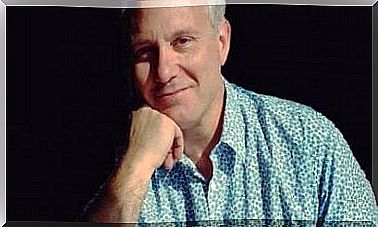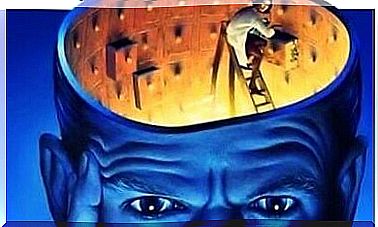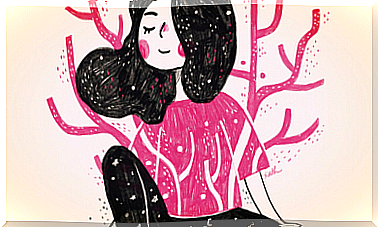Why Do Our Emotions Affect Us More Than Our Reason?

People are a mixture of perceptions, emotions, feelings and thoughts. All these elements together form a unity and this unity contributes to our way of being and the way we behave in the world.
Our minds are very capable of directing our behavior, both for good and for bad. Thanks to our minds, we can carry out all kinds of rational thought processes and at the same time experience extraordinarily powerful forces: emotions.
Therefore, we can say that we as humans consist of our reason and our emotions. Forces that sometimes both point to the same place. At other times, these forces are diametrically opposed, forcing us to make a choice. The choice to follow our ‘heart’ or to rely on a list of advantages and disadvantages.
Most studies that have analyzed this decision-making process confirm that our emotions usually win over our minds. This is primarily due to the fact that our reason is higher on the scale of subjective experience, meaning that you need more experiences, time, and skills to develop reason than to allow your emotions to thrive.

Emotions: as ethereal as air and as dangerous as sulphur
‘Emotion’ etymologically means ‘movement or impulse’ or ‘that which moves somewhere’. Emotions are subjective experiences that prompt us to act. They basically stem from our perception of the world, rather than from actual reasoning. Simply put, something we perceive as beneficial elicits happy emotions in us. The same goes for the opposite.
Human behavior is often based on emotions. Our emotions have a huge influence on the choices we make. They are often even essential.
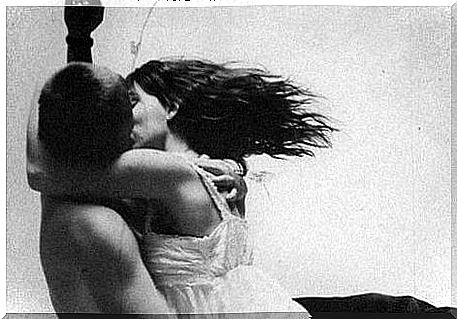
For example, according to psychologist Rob Yeung, fear is a very powerful emotion. That is why this emotion is often used to influence a conversation and is an effective political strategy. In addition, shame and pride are emotions that can make people very manipulable.
Exploring the origins of our emotions…
Theoretically, our emotions are not decisive, but in daily life they can be very decisive. Emotions are essential to people and worm their way into our judgments and intentions in life. The point is not that we learn to deny these emotions, but rather that we learn to identify and direct them so that they will work in our favor.
We can cite enough everyday examples to show the extent to which our emotions actually control our behavior. For example, when someone actually feels they should be more patient, but then have to wait in a long line or accept delay. In desperation, he completely forgets his purpose.
Emotions usually obey unknown causes. We’re not exactly sure why we experienced so much anger when we were served a cold cup of coffee. Especially when our minds were trying to convince us that it really wasn’t that important. Often, for example, we also try to simply ignore the cause of our fear of speaking in public, if this is a situation that can eventually be controlled.

In reality, the power of our emotions arises precisely from the indeterminacy of their origin and development. They are a part of us that is sometimes absent-minded and completely incomprehensible. Deep down, however, every emotion takes the form of our survival instinct, the urge to preserve our species, our defensive urge or our urge to attack, etc.
Is there a gap between our reason and our emotions?
In fact, there is no clear line at all that separates our emotions from our reason. In fact, it’s all about the dimensions of the human mind that always act and interact with each other. Emotions arouse certain thoughts and thoughts cause certain emotions.
Every emotion is thought through to a greater or lesser extent. When little thought of, we are prone to confusing and erratic emotions. When the degree of reasoning is great, this enables you to experience reality more deeply and in a more balanced way. Emotions that are hardly thought out lead to a distorted perception of reality.
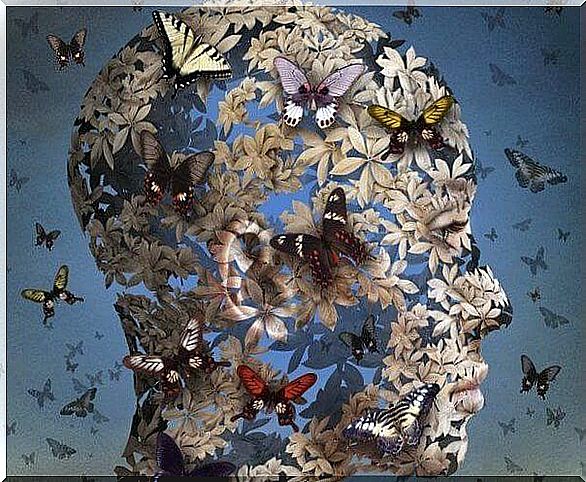
Even the people who call themselves ‘very rational’ cannot escape this logic. If you look closely, you will probably see that this refusal to allow their emotions into their lives stems from a profound fear of ‘losing control’.
But also the attempt to base one’s life entirely on emotional acts, without leaving even a small opening for reason, is almost absurd. People cannot deny or ignore their cerebral cortex unless there is a brain injury or brain function is limited by certain chemicals.
Creating the right balance between your reason and your heart
Emotions are not bumping and hopping horses that we have to ‘take a strong hold on’. Our emotions make us human. They help us to give meaning to our world. They do not need to be ‘wiped out’, denied or undervalued.
Quite the contrary: to be able to feel means to be able to be human. Love, sacrifice, big dreams and generous deeds can only be built on the basis of emotions. However, this also does not mean that we should leave our emotions completely raw and untouched. We should never settle for experiencing our emotions without reflecting on them.

We can achieve the right balance when we are able to pay attention to what we feel; not to defend it, but for the purpose of directing these emotions so that they will become useful and beneficial. This means that when I’m scared, it’s best to just acknowledge this fear. Rather, I should explore this emotion and turn it into a force that I can use to my own advantage. Why not? If you’re afraid to speak in public, you can develop all kinds of great technology tools to help you do this. This will make you better able to confront this problem.
Our emotions affect us more than our reason. They are the foundation for everything we are. Our reason is like a chisel you can use to polish your emotions so that they become something to deal with, helping you to live a better life.
